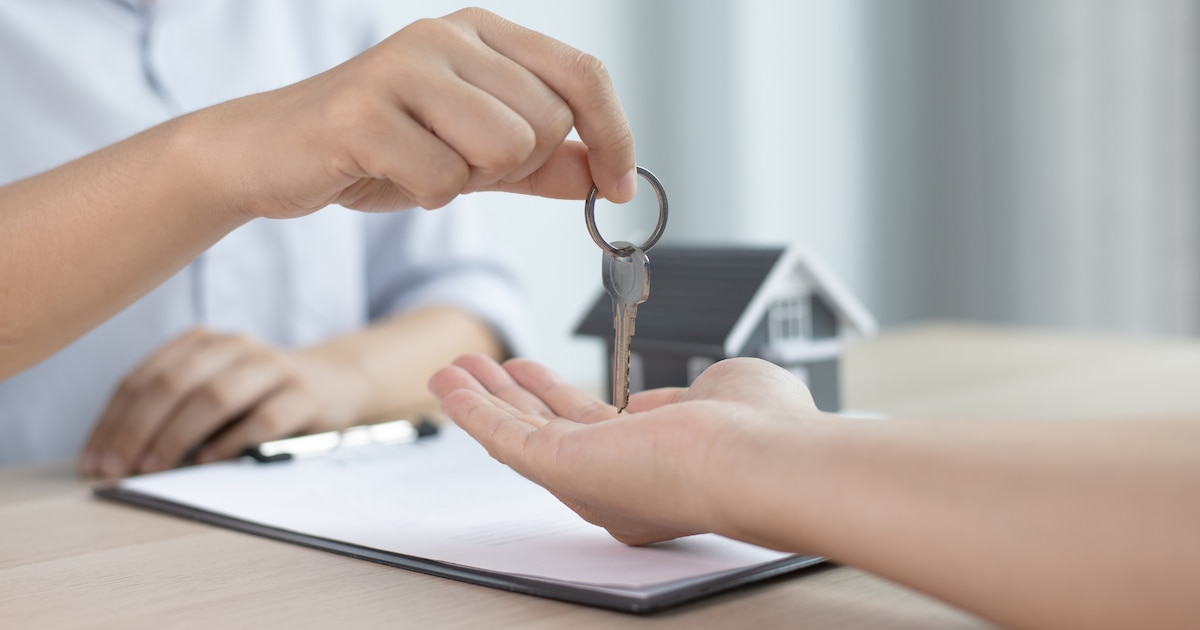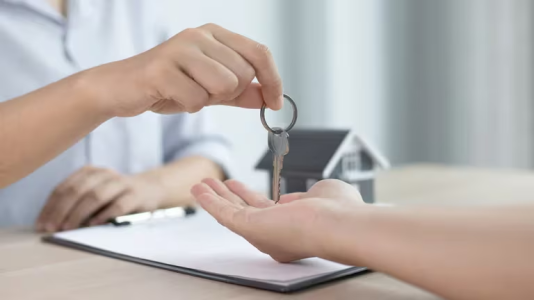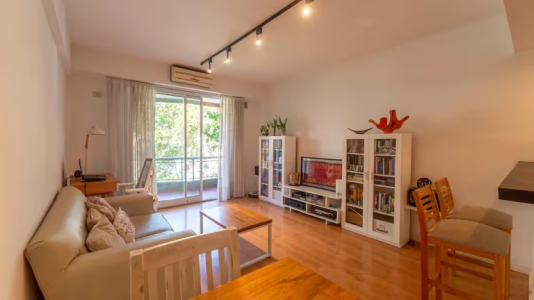All the Answers
Well-known member
Mortgage loans: how much money do you need to earn to buy or build a home - Infobae

Source:

Créditos hipotecarios: cuánto dinero se necesita ganar para comprar o construir una vivienda
Trece bancos ofrecen créditos que también incluyen propuestas para mejorar la vivienda. ¿Qué aspectos considerar para obtener uno?
May 17, 2024
Thirteen banks offer loans that also include proposals to improve housing. What aspects to consider to obtain one?
By José Luis Cieri

The differences in mortgage credit lines reflect the competition between banks, surprising with 12 entities offering these products in just three weeks, initially led by Banco Hipotecario
After five years in which there were practically no mortgage loans in Argentina , new hope arises for those who dream of having their own home, expanding it or renovating it. The following thirteen banks launched loan lines for the purchase, renovation or expansion of homes, restarting activity in the real estate sector: Banco Nación, Hipotecario, Ciudad, Supervielle, Santander, ICBC, Macro, Del Sol, BBVA, Galicia , Banco de Córdoba (Bancor), Neuquén and Corrientes.
To access these mortgage loans, it is essential to prove the monthly income required to meet a fee that should not exceed between 25% and 35% of the income of the applicant and/or their family group, as the case may be.
What is the minimum monthly salary that a person or family must have to qualify for these new mortgage loans? “It varies according to each bank. Although some banks request a specific minimum income, the fundamental requirement in almost all of them is that the fee to be paid does not exceed 25% of the income of the cohabiting family group," Alejandro Braña , Real Estate expert and member of the Real Estate Association, explained to Infobae. porteño.
For example, a purchase and sale of USD 100,000 where someone needs to finance 80%, must request USD 80,000, in this case the line from the Mortgage Bank, over a 30-year term gives an initial payment of $682,903 and the income to be demonstrated by the cohabiting family group is 2,731,610.26 pesos.
Economist Federico González Rouco indicated that “banks also evaluate job stability, requiring in many cases between six to twelve months in the current job category. Additionally, it is crucial to have a good track record.” He added that the bank carries out an exhaustive scoring (a tool it uses to decide whether to grant the loan based on the debt capacity and solvency of the interested party) of the financial and employment history to grant mortgage loans.
The requirements include at least 12 months of employment in a dependency relationship or between 6 and 12 months in the monotributista category.
Scenery
An initial pre-qualification or “Truthful” determines whether the applicant can move forward with the application, and a negative credit history can be an insurmountable barrier.The differences between the mortgage credit lines of the different banks are due to competition in the market. According to Braña, this situation was surprising, since the offers were expected to appear at the end of the year or in 2025, but in three weeks there are already 13 entities offering them since the Mortgage Bank launched the first proposal.
“Among the options, Banco Ciudad stands out with a rate of 5.5%, reduced to 3.5% if the purchase is made in the Buenos Aires Microcenter . This bank finances up to 75% of the value of the property with a term of up to 20 years,” Braña added.

Two- and three-bedroom apartments threaten to be the ones that sell the most through the new mortgage loans
Some entities offer different conditions, such as higher financing percentages and longer terms. Bancor, for example, launched an innovative offer by financing the entire purchase of the property.
Monthly fees
These are some of the UVA mortgage loan proposals:️ Supervielle
Term: up to 30 years.
Financing percentage: 80%.
Tasa UVA + TNA: 8%.
C/I ratio: 25%.
Cohabiting family group income: $2,512,412.
UVA monthly fee ($): 615.
Monthly fee: $628,103.
Nation
Term: up to 30 years.
Financing percentage: 75%.
Monto: USD 75.000.
Tasa UVA + TNA: 8%.
C/I ratio: 25%.
Cohabiting family group income: $2,355,384.
UVA monthly fee: 576.
Monthly fee: $588,546.
️Bank
Term: up to 20 years.
Monto: USD 100.000.
Tasa UVA + TNA: 4.90%.
C/I ratio: 25%.
Financing percentage: 100%.
Cohabiting family group income: $2,801,021.
UVA monthly fee: 686.
Monthly fee: $700,255.
City
Term: up to 20 years.
Financing percentage: 75%.
Monto: USD 75.000.
Tasa UVA + TNA: 5.5%.
C/I ratio: 25%.
Cohabiting family group income: $2,208,118.
UVA monthly fee: 1022.
Monthly fee: $552,030.
Mortgage
Term: up to 30 years.
Financing percentage: 80%.
Monto: USD 80.000.
Tasa UVA + TNA: 8.65%.
C/I ratio: 25%.
Cohabiting family group income: $2,669,245.
UVA monthly fee: 653.
Monthly fee: $667,311.
️Macro
Term: up to 20 years
Financing percentage: 75%. (This has a Youth Line - for young people under 30 years of age; first home; with proof of assets in Banco Macro and parent deposit). In this case, the financing percentage is extended up to 90% of the value of the home. ),
Monto: USD 75.000,
Tasa UVA + TNA: 7%,
C/I ratio: 25%,
Cohabiting family group income: $2,325,896.
UVA monthly fee: 620
Monthly fee: $581,474.

